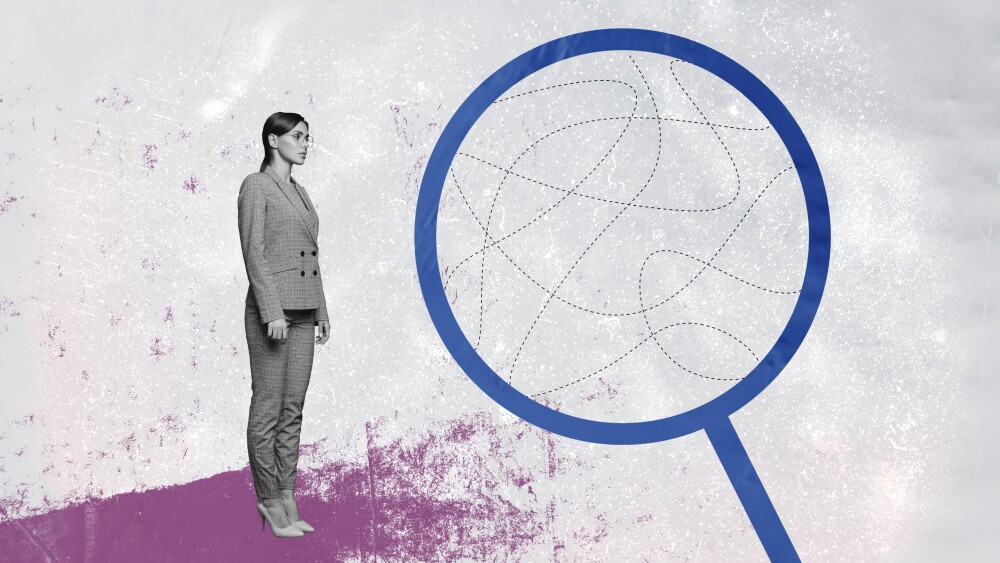Today, Apeiron announced that a clinical trial has started with a liposomal topical formulation of the enzyme human recombinant superoxide dismutase (project APN201) at the University Hospital for Radiation Therapy / Radio-oncology of the Medical University Graz. APN201 is being developed clinically in collaboration with the Austrian contract manufacturer Polymun Scientific. The double blind, placebo-controlled study is conducted at a single center and shall enroll 20 breast cancer patients that receive radiation therapy after breast-preserving surgery.
Superoxide dismutase (SOD) is an enzyme that degrades and renders harmless highly reactive oxygen radicals that occur, amongst other situations, during radiotherapy of cancer. This pilot study aims at investigation of safety and tolerability of topical APN201 as well as hints for efficacy to prevent radiation dermatitis in breast cancer patients that undergo radiotherapy after surgery. In general, about fifty percent of cancer patients receive radiotherapy (in addition to chemotherapy, surgery and other therapies). Often, concomitant skin damage occurs which is comparable to burns. This radiation dermatitis can be severe and even lead to discontinuation of radiotherapy. Today, radiation dermatitis is mainly treated symptomatically with skin creams.
Hans Loibner, CEO of Apeiron: "We are very glad to have reached this important development milestone with APN201. Once again, Apeiron is testing a promising compound in a clinically relevant indication. Today, no causal therapy against radiation-induced skin damage in the course of cancer radiotherapy is available. APN201 may change that."
University Professor Karin Kapp, Head of the University Clinic for Radiation Therapy / Radio-oncology in Graz and principal investigator of the study: "Skin damage that may occur during radiotherapy is a severe problem for many cancer patients and can even force discontinuation of this therapy in some cases. Hence, it is of utmost clinical and scientific interest to alleviate or even prevent these side effects of radiation. It is very exciting to work on a solution for this together with Apeiron."
About Apeiron (as of February 2012):
Apeiron is a mainly privately financed biotech company in Vienna, developing immunologic and biologic therapies against cancer. Its portfolio consists of five clinical projects and some preclinical approaches. One clinical project is the immunocytokine hu14.18-IL2 (APN301) which recently entered a phase II against neuroblastoma and is also being tested clinically against melanoma. Another clinical project is APN311, a monoclonal antibody for the treatment of neuroblastoma that is being tested in a phase III trial. Moreover, Apeiron is developing a liposomal, topical formulation of recombinant human superoxide dismutase (APN201) to prevent or treat skin damages occuring in the course of cancer therapies. The recombinant human Angiotensin Converting Enzyme 2 (GSK2586881, formerly APN01) was licensed to GlaxoSmithKline at the beginning of 2010 and is in an ongoing phase II study in ARDS. Apeiron is operational since 2006 and currently employs 25 people.
About SOD (as of February 2012):
SOD is a natural enzyme of our body with significant anti-oxidative properties. It catalyzes the breakdown of highly reactive and toxic superoxide anion and thereby reduces the extent of concomitant tissue damage. Topical liposomal recombinant human SOD has already been tested in several clinical studies and has shown signs of efficacy for the treatment of certain inflammatory processes.
About Polymun (as of February 2012):
Polymun Scientific Immunbiologische Forschung GmbH was founded by Professor Hermann Katinger in 1992 and has been offering contract development and production of biopharmaceuticals and liposomal formulations ever since. Moreover, Polymun holds a license for the production of pharmaceuticals according to the Austrian medicines law since 2001. Another area of activity is the production and distribution of research reagents, especially for HIV research. Polymun also develops products and is a partner in several international research projects (EU framework program for research, Bill and Melinda Gates Foundation).
Contact Apeiron:
Dr. Hans Loibner, CEO
Campus-Vienna-Biocenter 5
1030 Vienna, Austria
T +43 / (0)1 / 865 6577
E apeiron@apeiron-biologics.com
W www.apeiron-biologics.com




